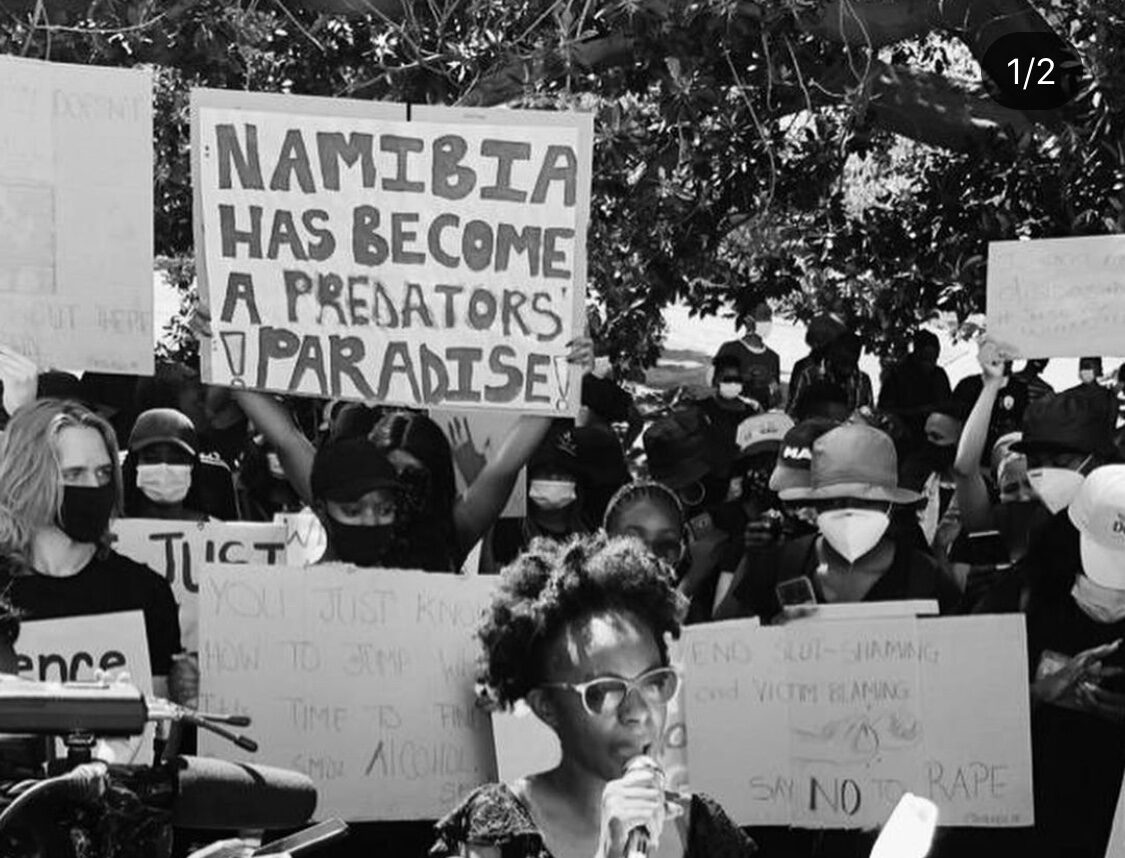This post was written by COFEM members Fatima Saeed and Zainab Sulaiman.
When #16DaysofActivism rolls around each year, many activists are often asked: “What is the point of celebrating international days? Why not focus that energy on actually helping marginalized populations?” While the obvious answer is to raise awareness and to politicize political will for a cause, there is another facet to these celebrations that must be highlighted.
Commemoration days like the International Day for the Elimination of Violence against Women (IDEVAW) have been around long before the UN and other agencies started spearheading their commemoration. The IDEVAW was formally recognized by UN member states in 1999 but had actually been celebrated in Latin America since 1981 to mark the death anniversary of the Mirabal sisters — Patria, Maria Teresa and Minerva, brutally murdered in the Dominican Republic for their ideological affiliations and beliefs. It signified, and continues to signify, the struggles of women who have been at the forefront of organizing and fighting political and social structures that oppress them. Even in the lead-up to this year’s IDEVAW, women have been participating in global and locally led protests in Namibia, Mexico, and Poland. Yet, sometimes in the commemorations, the names of women like the Mirabal sisters get lost. We use this day to raise awareness and mobilize political will. We also remember the many women who came before us and whose courageous actions gave us the rights we have today as women.
Remembering them reminds us that local women’s movements and feminist activists have been, and continue to be, best placed to initiate change. That our rightful role at the regional and international level is to give them the moral, political and, perhaps most importantly, the financial support they require to be successful — including continuing to shine a spotlight on the challenges they face to receive any of the above. Local and national women‘s rights actors are local knowers, and as established members of their communities, there is no one better able to deliver sensitive and accurate assistance in a crisis and understand the needs of women in that context. Women often operate as first responders, and by living and working in the area, they already know and understand the structures in place, the people, and the needs. Due to their relationships with, and proximity to, women in need in their communities and their ability to catalyze change, it is clear that women’s movements must be localized, especially in the response to the COVID-19 crisis. In addition to this, local women often personally experience violence and are themselves living through any crises affecting their communities, yet are also the ones caring for and responding to the needs of others, – reinforcing once again how essential it is that they are provided support to carry out this work. Their efforts are rooted in the realities of their communities and often focus on long-term social norm changes that involves engaging multiple levels of society.
In order to do justice to the spirit of the day, we must commit to doing our part to supporting local women and their organizations by putting them at the forefront of our work. This will not necessarily be easy and will require a paradigm shift in the international development and humanitarian aid sector, as well as a deep commitment from all stakeholders to shift towards a more egalitarian framework. It is crucial that this shift is focused on building relationships of trust between international stakeholders and local ones. Most importantly, it will require changing the nature of financial support to women’s organizations so that it is more flexible, sustainable and signifies a long-term commitment. These groups will be able to focus on their work instead of being weighed down by short-term concerns of staying afloat. Finally, we must listen closely to local women’s rights groups and give them the opportunity to set the agenda, identify and respond to local needs and contextual factors.
When local women, and their organizations, are given the focus and support they deserve, we can make them the face of the movement. Perhaps when this happens, the commemoration of a day like the IDEVAW will gain more public acceptance and understanding, and be met with excitement instead of skepticism.
